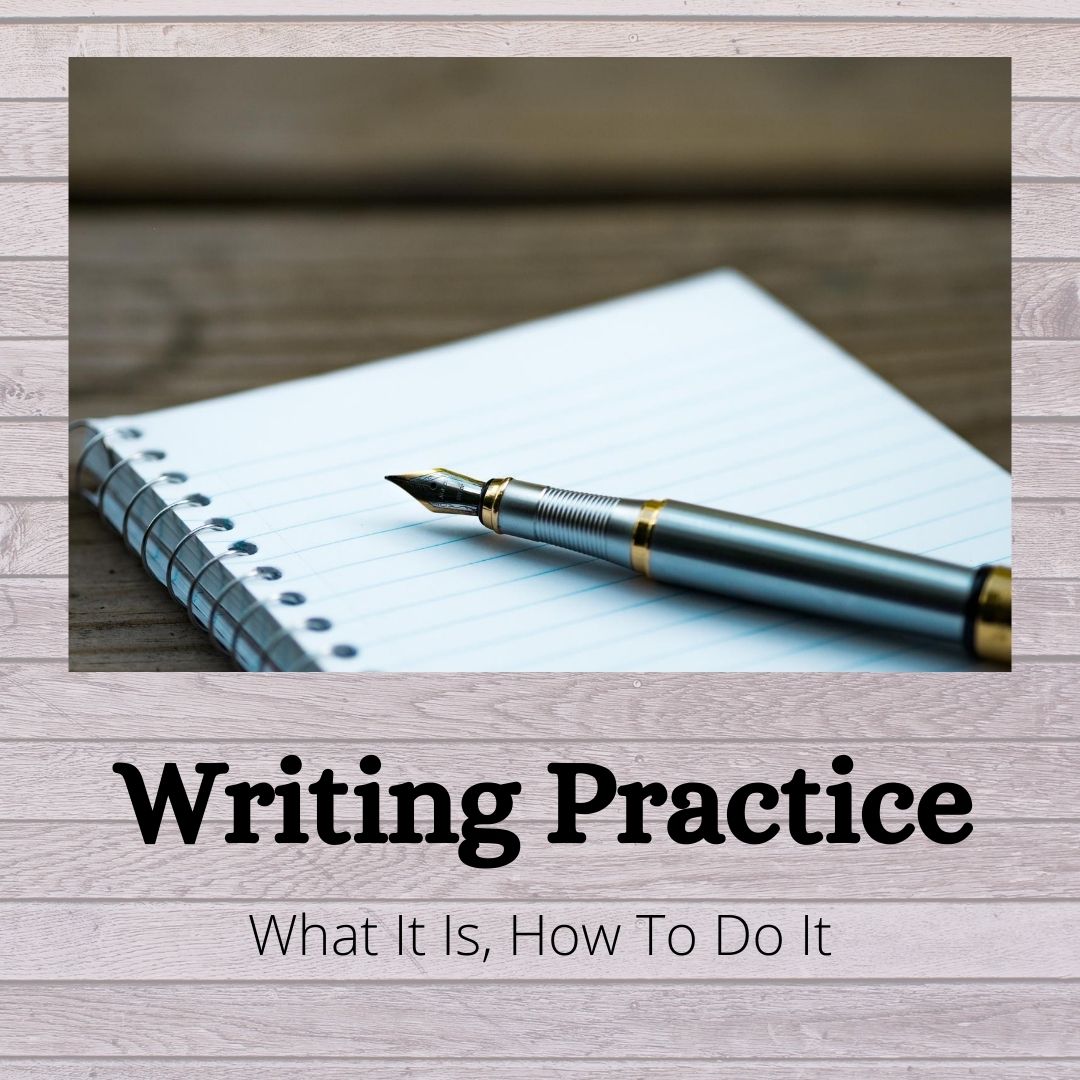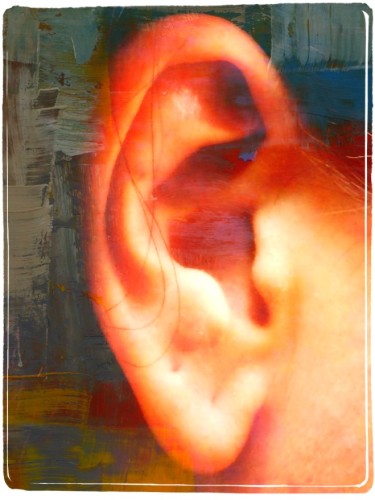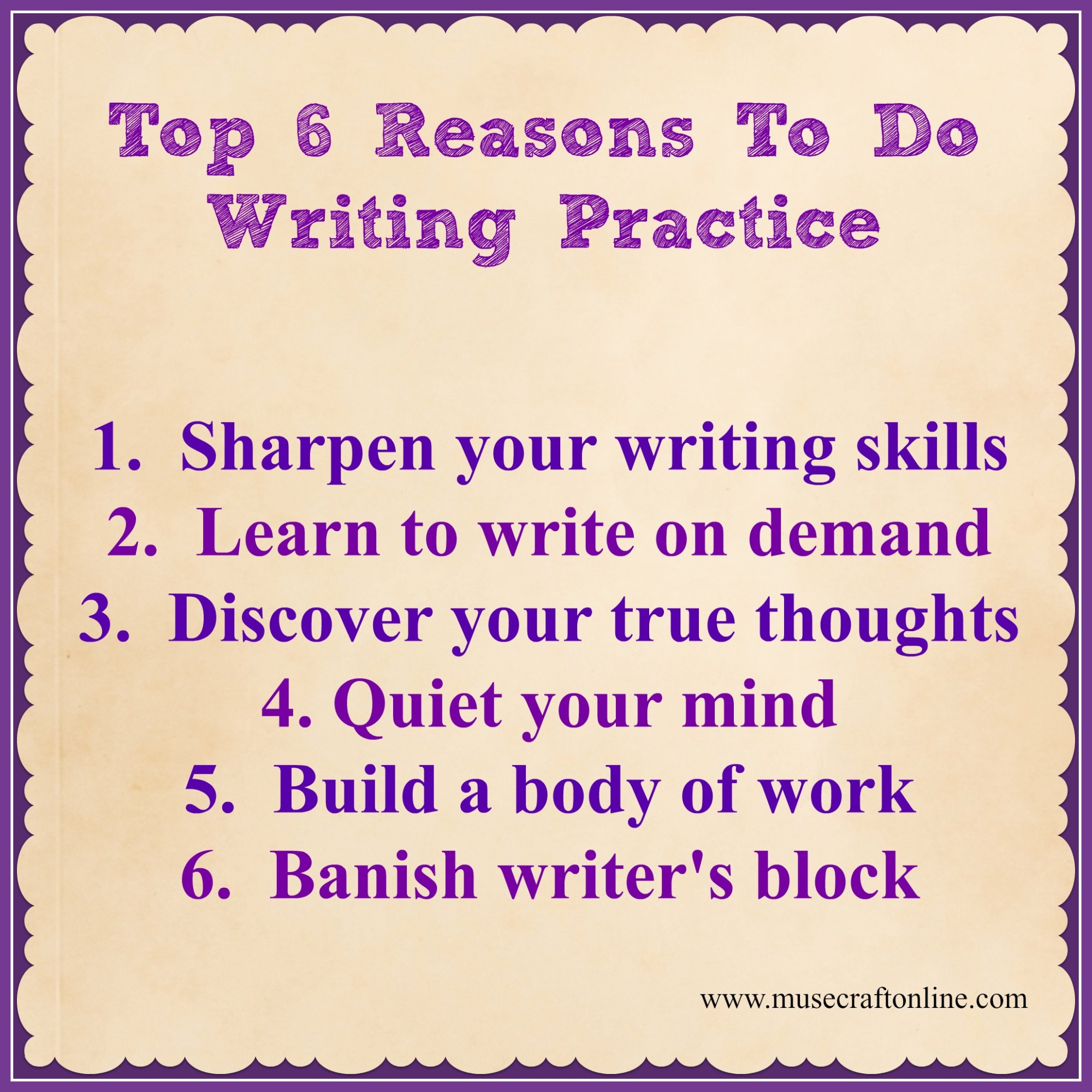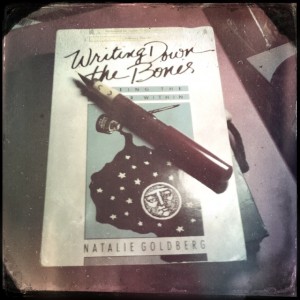
What it is:
At its heart, writing practice (also called freewriting), is writing for a length of time without stopping or censoring yourself. It’s most famously taught by Natalie Goldberg (and Julia Cameron in her morning pages practice), but it’s used in writing classes, programs, and workshops everywhere. It’s a way to strengthen your writing skills, but it’s also a way to clear your mind, dig deep into yourself and find out what you think about things, and a way to stir your creativity.
How you do it:
You pick a goal for your writing session--an amount of time, number of pages, or number of words--and you keep writing until you hit that goal. Don’t stop--keep the pen moving across the page or your hands moving on the keyboard. If you get stuck, write “I don’t know what to write†over and over until the words get moving again (you can also rewrite your prompt if you’re using one or rewrite your last phrase or sentence--anything that keeps the words coming).
Where to write:
Your preference. A good old fashioned notebook or notepad is great and gives a different experience than writing on a computer. If you’re looking for something new to try check out 750Words.com or Penzu.com. You get one free journal with a basic Penzu account, and I really like it for ease of searching if you want to go back to any entries. Google Docs is also a really nice option, but you do have to remember to organize it into a folder or things get really hard to find later.
Physically, find someplace comfortable where you won’t be interrupted during your writing session. If you can, try out different locations. Write inside your home, out in the yard, in a coffee shop, in a park, at the beach.
When to write:
Pick a time that works for you. It might be different every day. It doesn’t have to be first thing in the morning a la morning pages unless that really works for you. When you can, though, decide ahead of time when you will do your writing each day--write it down or put it in your calendar if you like--so that you have a solid plan for writing instead of just a wish for writing.
Ways to use writing practice:
Writing practice is complete as it is. It’s a way to play and practice with words and language. It’s a way to capture your thoughts, capture descriptions of the world around you, visit moments from your past. If you want a little more, you can use lines from an entry as a prompt for more writing practice. You can use your writing practice session to explore characters or settings or other aspects of fiction stories you’re working on.
And of course, if you have other ideas about what you want to write or any of this, go with what is right for you! You know you best--take your own advice.
If you'd like to do some writing in community, I'm hosting a free 30 day writing practice group in September. Come write with us! MuseCraft September 2020 Writing Practice.






